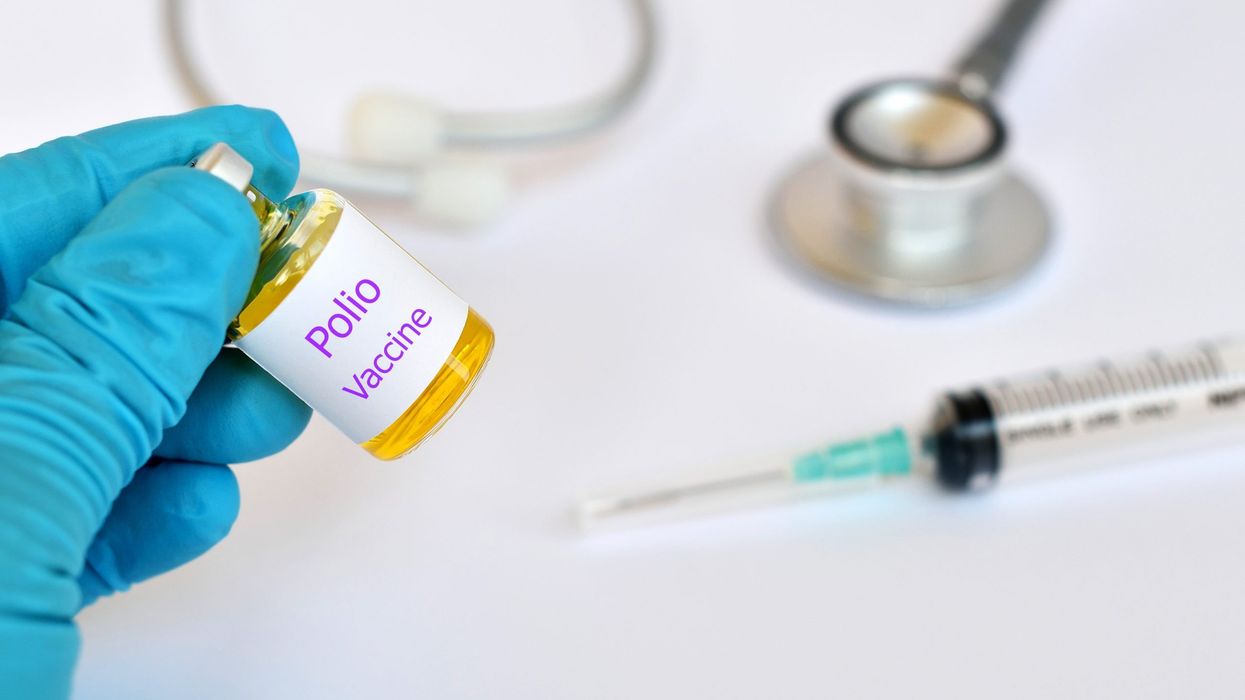This makes it easier for more countries to obtain and use the vaccine to protect children from the disabling and life-threatening disease
The Medicines and Healthcare products Regulatory Agency (MHRA) on Wednesday (9 January) announced that the novel type 2 oral polio vaccine (nOPV2) has been quality-assured (prequalified) by the World Health Organization (WHO).
Developed by a team including scientists from the MHRA, nOPV2 is considered a safer polio vaccine that helps to protect children from the disabling and life-threatening disease and lower the risk of vaccine-derived outbreaks.
The vaccine received WHO Emergency Use Listing three years ago, and since then 950 million doses have been delivered worldwide.
The UN health agency’s decision to add it to the list of prequalified vaccines is based on the analysis of outcomes in vaccinated populations that has confirmed strong safety profile and effectiveness.
WHO prequalification ensures that the vaccine meets global standards of quality, safety and efficacy, and this will make it easier for more countries to access and use nOPV2.
Now, WHO member countries can obtain and use the vaccine without the need to meet the strict readiness and monitoring requirements previously required under EUL, the MHRA stated.
Polio will continue to be a threat to children around the world until it has been completely eradicated, said Dr Andrew Macadam, Principal Scientist at the MHRA.
“The novel type 2 oral polio vaccine has already protected millions of children and today’s announcement from the WHO will mean greater access for many.
“Prequalification has come following years of collaboration, and it’s through continued partnership, fast and accurate detection and broad vaccine coverage, that will finally see polio eradicated,” he added.
Caused by the poliovirus, polio is an infectious disease commonly transmitted through contact with infected faeces via contaminated food and water.
It can lead to permanent paralysis or death in extreme cases, especially for babies and children under the age of five.













